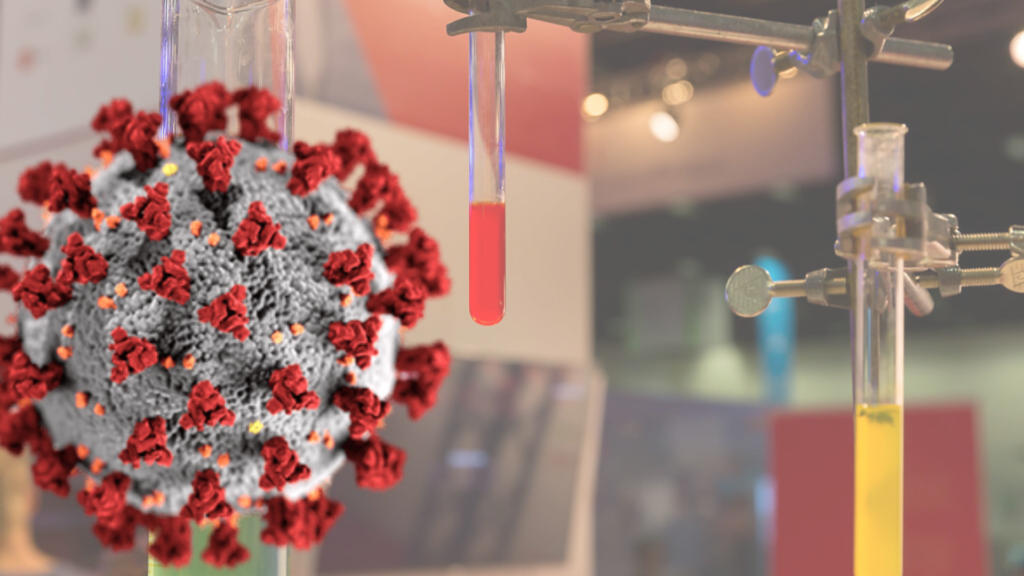The test recognizes antibodies in the patient’s blood and changes colour, indicating the presence of the virus.
The pandemic caused by new coronavirus is reaching alarming numbers. A major problem is the uncertainty of those infected. The wide spread makes it difficult to determine precisely who is infected and who is not. The problem arises especially with asymptomatic people or those with mild symptoms that are not tested for lack of time or means.
A research group at the Icahn School of Medicine in New York has developed an alternative to existing tests. The new protocol has been presented in a preprint work (yet to be approved) but is very promising. The test contains a portion of virus that constitutes the antigens reproduced in the laboratory. The artificial antigen is composed of the spike protein and the binding domain and is equal to the target against which the immune system’s reaction is triggered.
The antigen is bound to an enzyme that changes color when it binds to an antibody. Thus, if the test is used on blood from a positive patient who has developed specific antibodies, the enzyme changes color indicating the presence of the coronavirus. The test is very easy to prepare and provides a quick and clear result even to the naked eye. The simplicity allows the test to be replicated in laboratories around the world, extending the screening capability.
The new test works on blood case samples from confirmed positive patients and is already in use in a New York City Hospital on an experimental basis. What remains to be clarified is how long it takes patiens with covid-19 to begin to prudence specific antibodies and make the new test effective. If the new protocol will demonstrate highly sensitive, we will have a new weapon for the diagnosis and against the spread of SARS-CoV-2.
